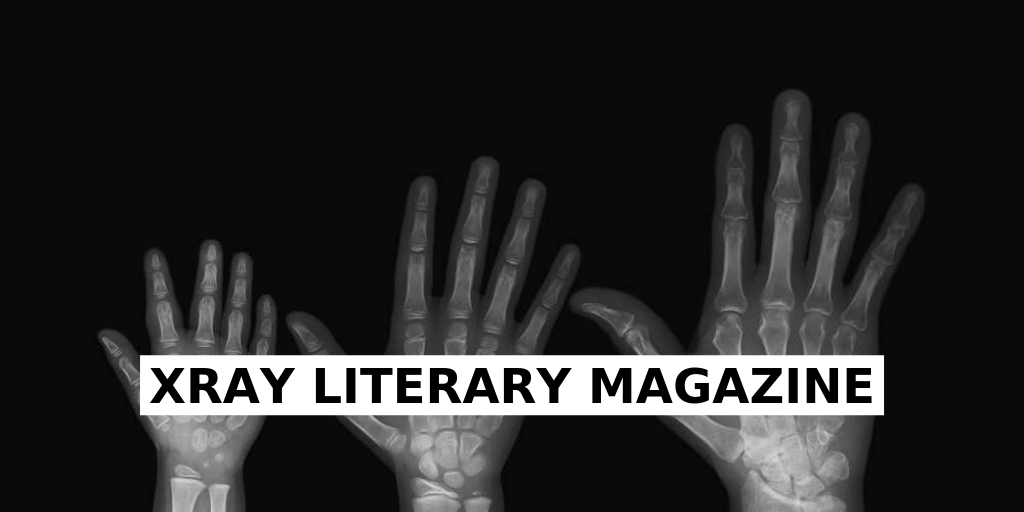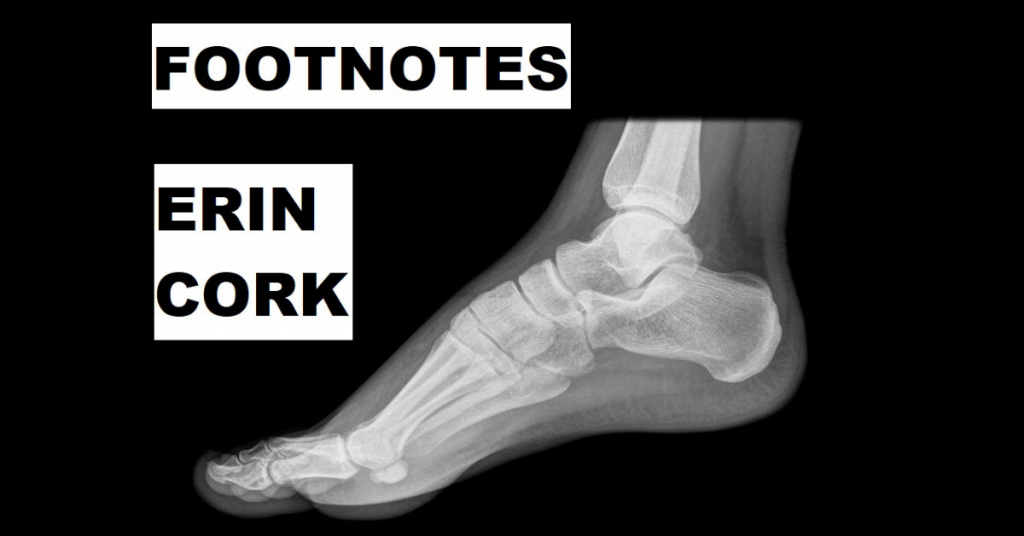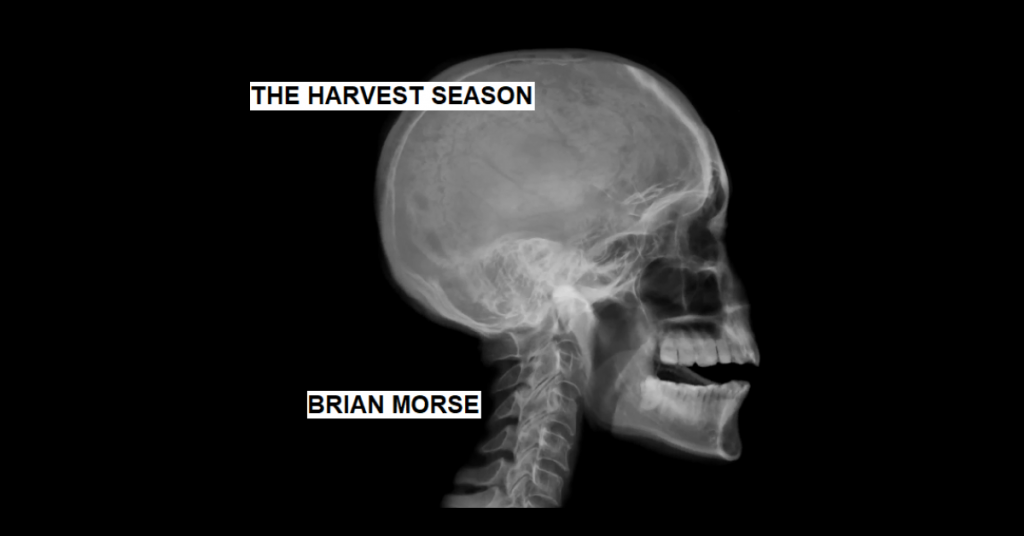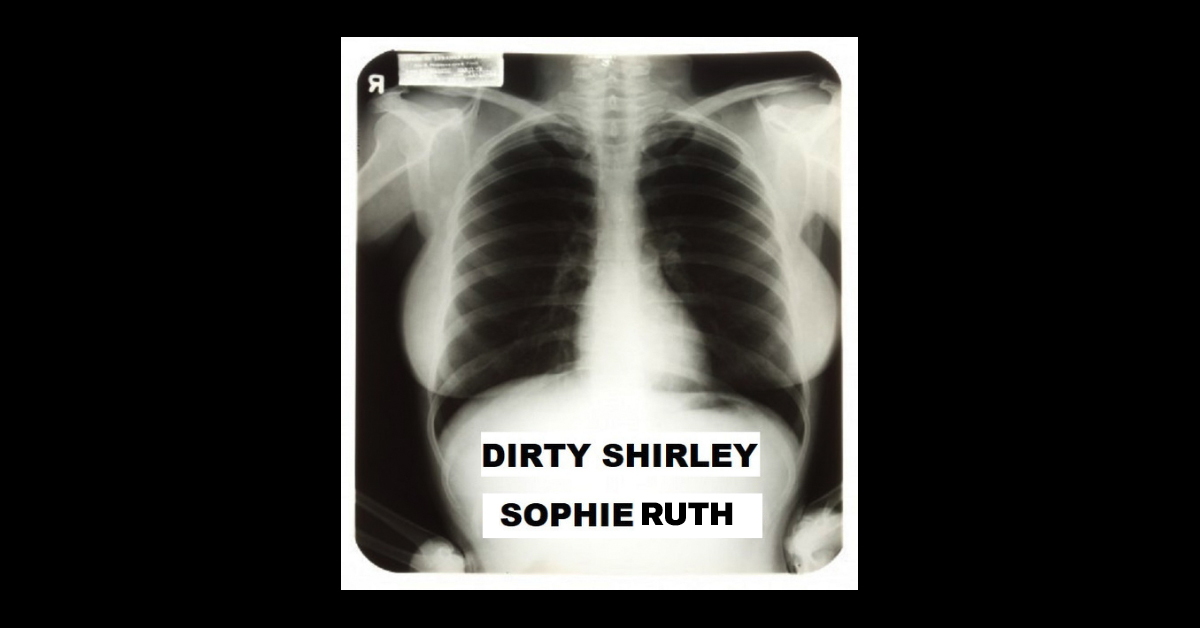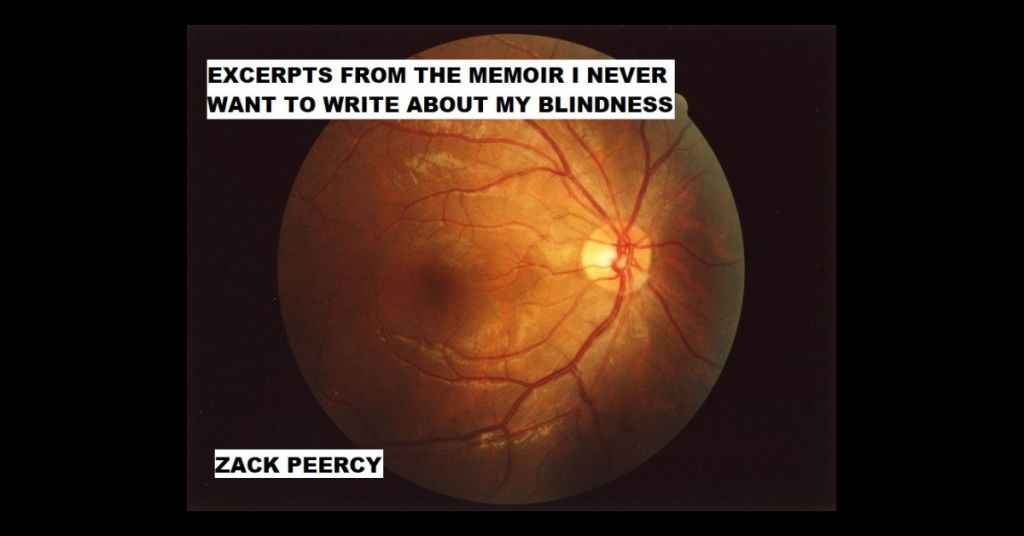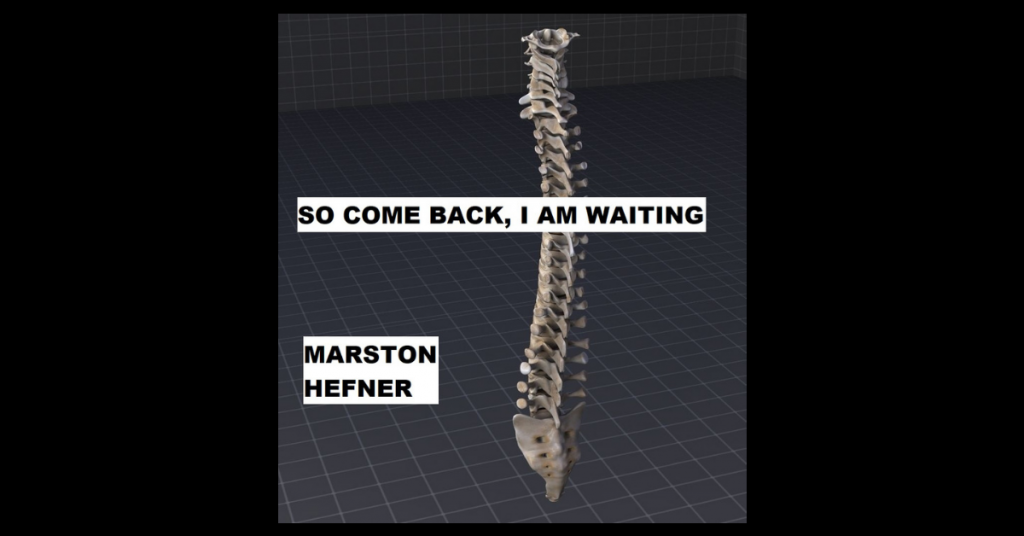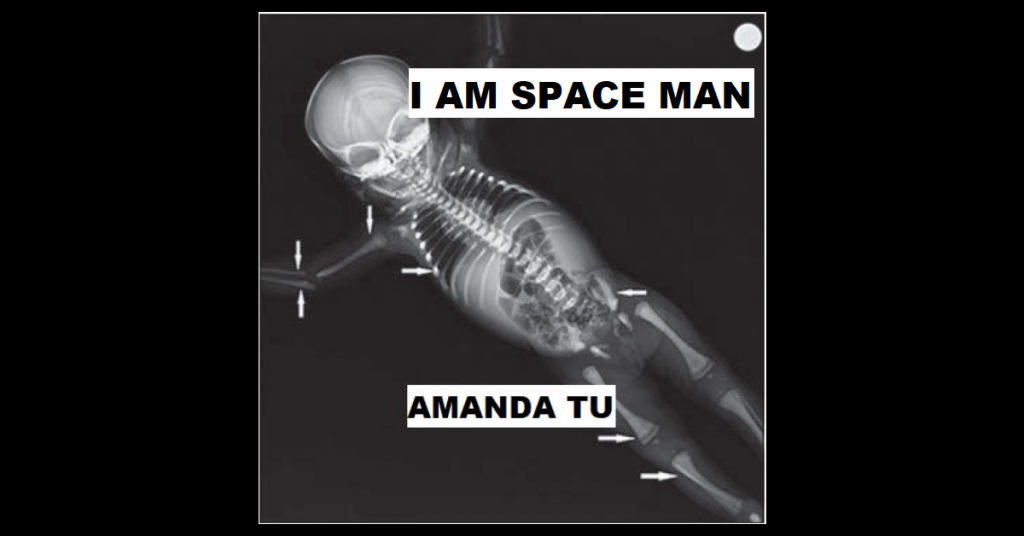
OUT by Michael Lehman
I walked out of the desert to get on a bus, and the driver threw me off in Phoenix. He said I was too dirty and shoved me out the door with a big bucktoothed grin. I changed my ticket at the counter. Immigration cops wearing body armor with black-and-white American flags on their shoulders were standing at the exits barking for papers. Past them, the valley floor was baking, the air full of dust. I walked by a campus of telephone company buildings, surrounded by glistening lawn and a cyclone fence topped with razor wire full of snagged plastic…

